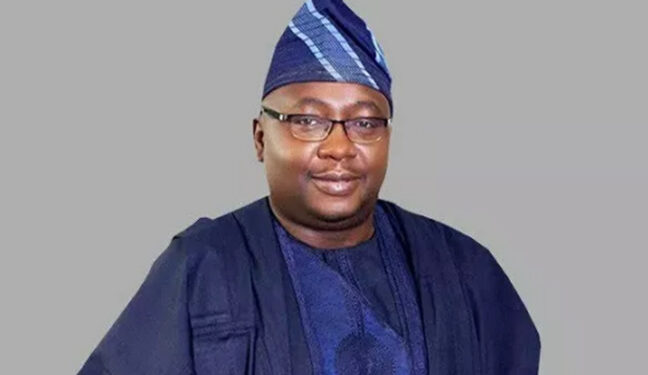As of Wednesday, the indebtedness of Nigeria’s power sector to electricity generating companies and gas producers has surged to approximately N3.3 trillion, according to the Federal Government. Minister of Power, Adebayo Adelabu, disclosed this information at a press conference in Abuja, emphasizing the need for a move towards a cost-effective tariff model. The minister also revealed that the subsidy on electricity for 2024 is projected to reach about N3 trillion, far exceeding the N450 billion budgeted for this purpose in the current year’s budget.
Adelabu highlighted that Nigeria currently owes N1.3 trillion to electricity generating companies and $1.3 billion to gas companies, contributing to the overall debt of N3.3 trillion in the power sector. He emphasized the challenges in sustaining power subsidies, citing the need to explore cost-effective tariff models.
The minister acknowledged that efforts are being made by the ministries of power, finance, and petroleum to address the crisis in the sector. However, he pointed out that the electricity subsidy for January 2024 has not been paid yet, leading to a reduction in power generation and supply due to the discontinuation of gas supply by suppliers.
Addressing the subsidy issue, Adelabu questioned the sustainability of current subsidy levels, noting that only N450 billion has been budgeted for the subsidy in 2024, while the actual requirement is approximately N3 trillion. He emphasized the need for a realistic approach to funding subsidies and suggested a move towards cost-reflective tariffs.
The minister also discussed the complex challenges facing the power sector, including the collapse of the national grid multiple times, shortage of gas, aging machinery, low evacuation capacity, and infrastructure issues. Adelabu outlined key measures for stabilizing the sector, including settling outstanding debts, a national discourse on electricity supply, implementing cost-reflective tariffs, and encouraging investments in infrastructure and renewable energy.
























